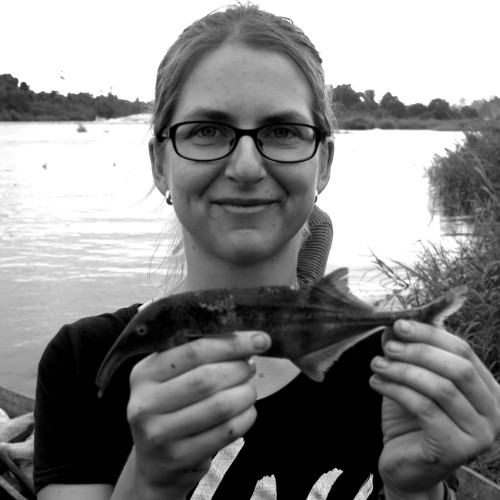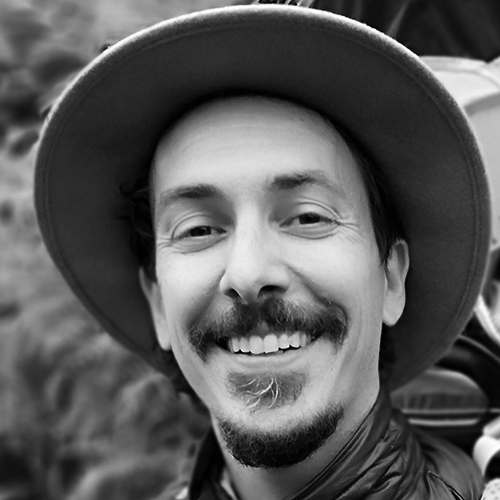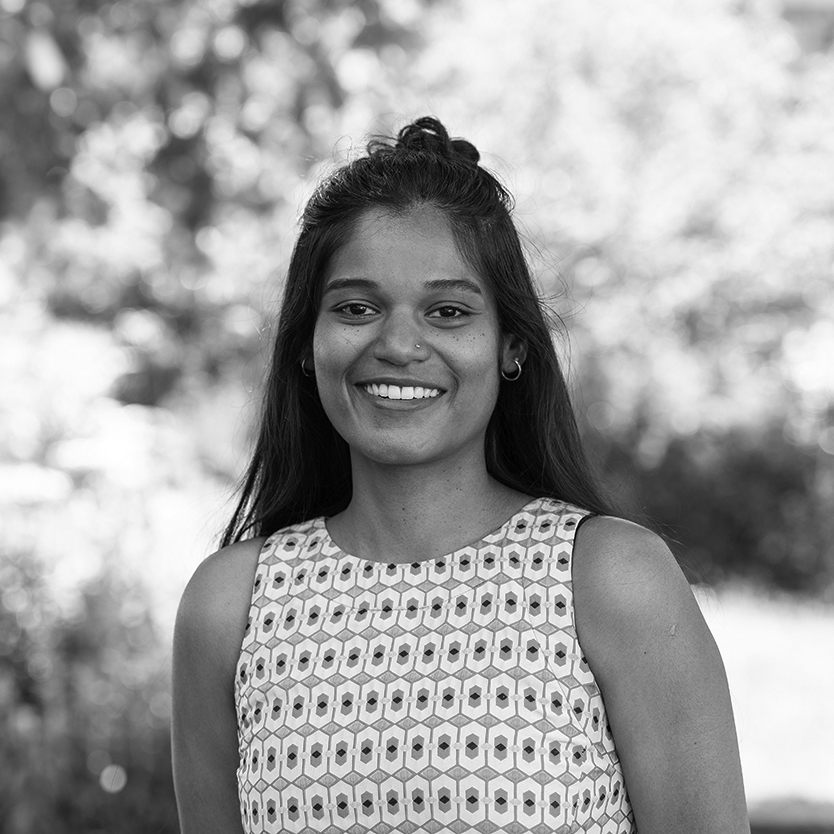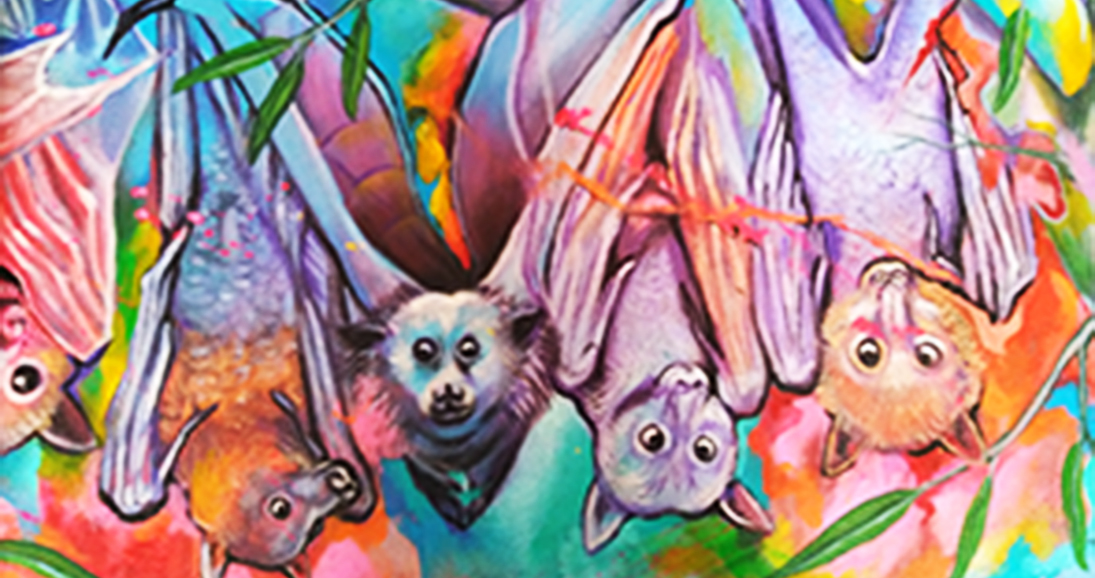Zuzana Musilová
Charles University, Prague, Czech Republic

Zuzana Musilova is an Assistant professor and group leader at Department of Zoology, Faculty of Sciences, Charles University. She focuses her research on fish evolution. She obtained her experience at Zoological Institute at University of Basel, Sensory Neurobiology Group at University of Queensland and at Cytogenetic laboratory at University of Lisbon. Her major interests are visual gene expression and rod opsins in deep-sea fishes as well as sensory systems of cichlid fishes from tropical rivers. Further, she focused her research on gut microbiota of African cichlid species or phylogeny and biogeography of tans-Andean cichlid fishes.
Antonin Machac
Center for Theoretical Studies, Charles University & Academy of Sciences, Czech Republic

How did the diversity of life emerge? My research integrates phylogenies, maps and traits to unearth the interplay of processes that have generated the tropical megadiversity, including the uneven distribution of species across regions and taxa. As Fulbright Fellow, I received my PhD from the State University of New York and continued as postdoc at the Univ of Copenhagen and the Univ of British Columbia. Recently, I have started my own group that uses birds, mammals, reptiles, amphibians and microorganisms as the model taxa to investigate global diversity dynamics, from the rainforests of the Amazon to the highlands of the Andes.
Rodrigo Camara Leret
Department of Systematic and Evolutionary Botany, University of Zürich, Switzerland

Rodrigo’s research is centered on the conservation of biological and cultural heritage. Responsible for introducing the concept of indigenous knowledge networks, he brings the human dimension into studies of ecosystem services that traditionally focused on the ecological component. Policy-relevant, his research with the provincial government of West Papua has helped identify regional-scale priorities for expanding protected areas and safeguarding biocultural heritage in the face of climate change. Firmly rooted in natural history, he has spent 30 months doing collaborative fieldwork with 28 indigenous groups in South America and New Guinea, organized capacity-building workshops across the tropics, and led a team of 99 scientists from 56 institutions to build the first expert-verified checklist of the world’s richest island flora.
Trisha Gopalakrishna
University of Oxford

Trisha Gopalakrishna focuses on various aspects of ecosystem restoration to support nature’s contributions to people. Her research and interests have largely focused on reforestation as a ‘Natural Climate Solution’, tension between savanna and forest restoration and trade-offs between ecosystem benefits from restoration. Having worked globally and in key tropical countries such as India, Gabon and Mexico, Trisha’s research is aimed at supporting policy and decision making. Trisha is currently a doctoral candidate at the School of Geography and the Environment, University of Oxford and received her Master’s in Environmental Management from the Nicholas School of the Environment, Duke University. Trisha’s ethos of applied research, especially for policy has been inspired by her previous work experience at the Nature Conservancy, where she researched climate change solutions in the land sector.
